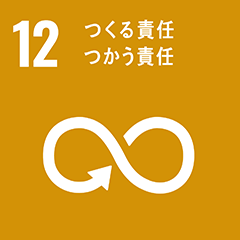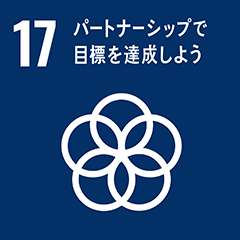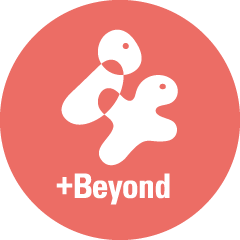Inochi Declaration
Looking ahead to 2050, initiate multi-stakeholder discussions grounded in science. Build momentum toward establishing post-2030 goals beyond the current SDGs timeframe.
The SDGs have fundamentally transformed the structure of global governance. Traditionally, global governance relied on a rules-based approach—international regimes formed through treaties, agreements, and protocols. However, many global challenges have lacked consensus or urgency among nations, stalling negotiations and progress.
Amidst this impasse, a new governance approach emerged: “governance through goals.” Rather than coordinating and aligning different sets of national rules, this model prioritizes shared goals. In the case of the SDGs, the primary objective was to agree on long-term targets set roughly 15 years into the future. By collectively committing to aspirational goals rather than waiting for binding agreements, countries, organizations, and individuals could take action, fostering partnerships through shared vision. This marked the beginning of a novel form of global governance.
In the decade since the SDGs were adopted, the world has experienced unprecedented events such as the COVID-19 pandemic and the return of armed conflicts—developments few anticipated in 2015. Within this changing context, how has governance through goals evolved? The 2023 Global Sustainable Development Report (GSDR) provided a comprehensive assessment of global SDG progress. Findings revealed that progress toward achieving the SDGs remained below 20%, indicating the urgent need for transformative action. The report emphasized the necessity of developing new models of transformation and understanding how such transformation can be achieved.
Japan’s efforts were summarized in its 2025 Voluntary National Review (VNR). Of the 244 global indicators, Japan was able to measure 173. Among them, 20 indicators had already been achieved, 53 showed improving trends, while 22 had regressed. The evaluation highlighted areas of progress, but also revealed institutional delays and a lack of leadership. Given these findings, the time has come to look beyond the SDGs. While efforts to achieve the 2030 targets must continue, we must also consider the goals and actions required for sustainability beyond 2030. The focus is now shifting toward 2050.
In February 2025, the “Beyond SDGs Public-Private Forum” was launched under the leadership of Professor Kenji Kanie of Keio University. Bringing together stakeholders from government, industry, academia, NGOs, and youth organizations, the Forum has begun discussing long-term objectives and future visions centered around themes such as well-being and capabilities, a sustainable and just economy, resilient food systems and sound nutrition, decarbonization with universal access to energy, urban and suburban development, and global environmental commons. At the United Nations, deliberations on the post-2030 agenda are scheduled to begin in 2027. The Forum aims to submit proposals to these UN discussions. Equally important, however, is the process of dialogue itself—a critical opportunity for collective learning.
The Inochi Forum is actively participating in forums such as the Beyond SDGs Public-Private Forum and related intiatives, engaging in reflective discussions on the SDGs and exploring the visions we must strive toward for the future of humanity and the planet. Through this collaboration, we will work to present to the world a pathway toward that vision and a new form of governance that ensures every Inochi can unleashes its radiant light.
[References]
・“Beyond SDGs Public-Private Forum” (Tentative name; presentation by Kenji Kanie, October 31, 2024)
https://www.kantei.go.jp/jp/singi/sdgs/entakukaigi_dai19/siryou4-2.pdf
[Action Platform]
SDGs+Beyond
[SDGs]




